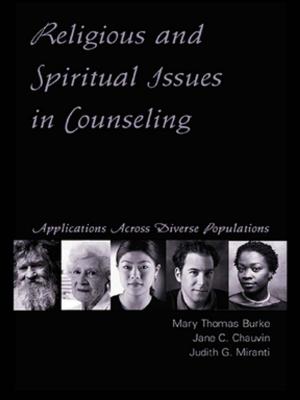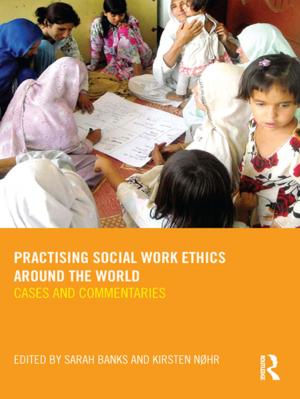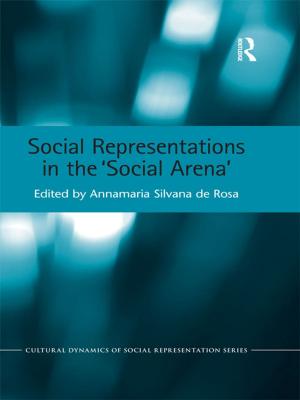Studying the Agency of Being Governed
Nonfiction, Social & Cultural Studies, Political Science, Government, Political Parties, International, International Relations| Author: | ISBN: | 9781317624486 | |
| Publisher: | Taylor and Francis | Publication: | September 15, 2014 |
| Imprint: | Routledge | Language: | English |
| Author: | |
| ISBN: | 9781317624486 |
| Publisher: | Taylor and Francis |
| Publication: | September 15, 2014 |
| Imprint: | Routledge |
| Language: | English |
This edited volume seeks to provide guidance on how we can approach questions of governing and agency—particularly those who endeavour to embark on grounded empirical research— by rendering explicit some key challenges, tensions, dilemmas, and confluences that such endeavours elicit. Indeed, the contributions in this volume reflect the growing tendency in governmentality studies to shift focus to empirically grounded studies. The volume thus explicitly aims to move from theory to practice, and to step back from the more top-down governmentality studies approach to one that examines how one can/does study how relations of power affect lives, experience and agency.
This book offers insight into the intricate relations between the workings of governing and (the possibility for) people’s agency on the one hand, and about the possible effects of our attempts to engage in such studies on the other. In numerous ways, and from different starting points, the contributions to this volume provide thoughtful insights into, and creative suggestions for, how to work with the methodological challenges of studying the agency of being governed.
This work will be of great interest to students and scholars of international relations, global governance and research methods.
This edited volume seeks to provide guidance on how we can approach questions of governing and agency—particularly those who endeavour to embark on grounded empirical research— by rendering explicit some key challenges, tensions, dilemmas, and confluences that such endeavours elicit. Indeed, the contributions in this volume reflect the growing tendency in governmentality studies to shift focus to empirically grounded studies. The volume thus explicitly aims to move from theory to practice, and to step back from the more top-down governmentality studies approach to one that examines how one can/does study how relations of power affect lives, experience and agency.
This book offers insight into the intricate relations between the workings of governing and (the possibility for) people’s agency on the one hand, and about the possible effects of our attempts to engage in such studies on the other. In numerous ways, and from different starting points, the contributions to this volume provide thoughtful insights into, and creative suggestions for, how to work with the methodological challenges of studying the agency of being governed.
This work will be of great interest to students and scholars of international relations, global governance and research methods.















